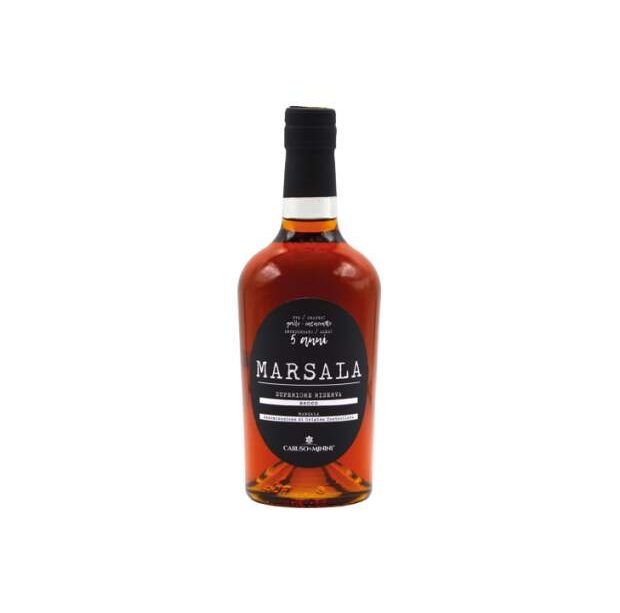The Remarkable History and Importance of Marsala Wine

Introduction
Marsala wine, with its rich flavors and storied past, holds a crucial position in both Italian cuisine and the world of wines. Originating from the region of Sicily, this fortified wine is not only a key ingredient in numerous recipes but also a wine synonymous with culinary excellence. As more gastronomes explore its versatile uses, understanding Marsala’s history and production becomes increasingly relevant.
History of Marsala Wine
Named after the Sicilian town of Marsala, this wine has been produced since the 18th century. The wine gained international acclaim in the 1700s when British merchants began exporting it, with many of them modifying the wine to suit the British palate by fortifying it with brandy. This innovation allowed Marsala to appeal to a wider audience, intertwining itself with both culinary and cultural traditions.
Production Process
Marsala wine is made from various grape types, including Grillo, Catarratto, and Inzolia. The production process involves fermentation followed by fortification, which increases its alcohol content. Depending on the aging process, Marsala can be classified into several styles: Fine (aged for at least one year), Superior (aged for two years), and Vergine Stravecchio (aged for five years or more). Each variation offers distinct flavors, ranging from dry to sweet, making it an exceptional choice for cooking and sipping alike.
Recent Trends and Uses
In kitchen applications, chefs utilize Marsala wine to impart depth and richness to various dishes, notably the classic Chicken Marsala. Additionally, it is increasingly being embraced by mixologists seeking to create unique cocktails. Recent trends indicate a rise in popularity as consumers cultivate an appreciation for its complex flavor profile, with experiments involving pairing it with diverse foods ranging from cheeses to desserts.
Conclusion
Marsala wine’s versatility and historical significance underscore its importance in both the culinary world and cultural heritage. As awareness of this remarkable wine grows, it is forecasted that its popularity will continue to rise among both home cooks and professional chefs. Whether used in cooking, paired with meals, or savored on its own, Marsala wine remains an enduring symbol of Italian tradition and craftsmanship.









